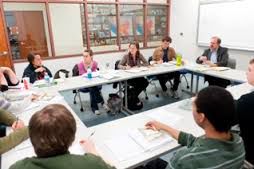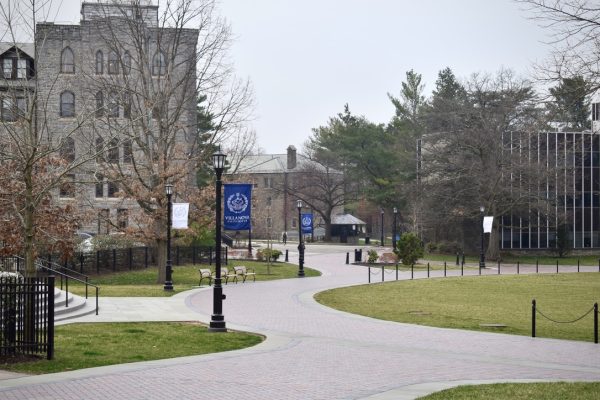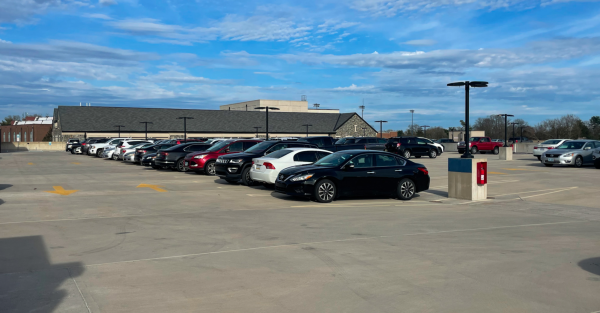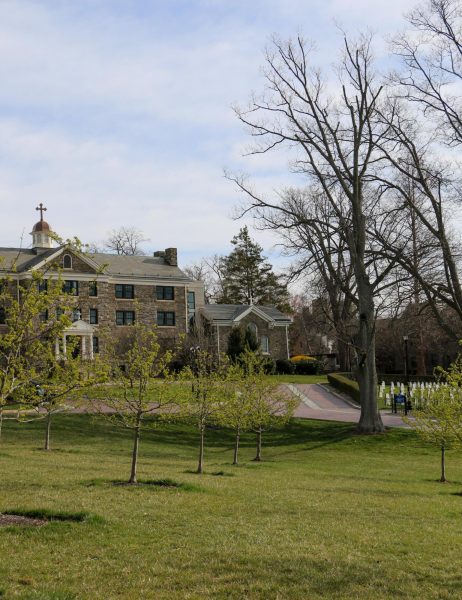ACS promotes Community at Time of Great Divide

ACS promotes Community at Time of Great Divide
September 5, 2017
In a time of great national divide, the country’s difficult political and social climate has led many to view the differences in our country negatively, as the source of our inefficient and hostile division.
But there is something very strange about that statement. It is hard to dispute the fact that while there have certainly been many conflicts, the differences within the United States have consistently been responsible for many tangible American achievements and progressions. So how could it be that something could produce so much success and, at the same time, so much strife?
There is something external to our differences that changes the game, something that this country is not getting. And for the hope of a future that could not only mitigate the country’s divisiveness but also reap the incredible potential of its differences, it is important that the young people of today learn to be conscious of it.
To fill in the blank for that unidentified factor, I turn to my experiences these past fall and spring semesters at Villanova in my ACS classes. The University, like other colleges, is a microcosm of our world and its seemingly divisive differences. We come into this setting with so many thoughts and opinions that are bound to conflict. But what happens in small discussion-based classes of ACS is quite different from those outcomes we have become so used to seeing on our news.
In truth, every one of us in my own ACS class had our own ideas to say that many others did not agree with, so in stagnation, our differences would certainly have cemented us into that division. But why we worked, and what ACS taught us was movement.
What I remember most about the course were that sessions ended in a way that I sincerely believe were not fully anticipated by anyone, professors included. Professors led and guided discussion, of course, but to a degree they followed us as much as we followed them, and each other, until each one of us in the class ended at a different spot from where we each began.
To be able to suspend previous conclusions and genuinely, truly consider things you’ve never considered before is something that the majority of people will struggle with for their entire lives. But in ACS, we were taught to do our best to move past our own thoughts, even if it was just experimentally so. For what made us so cohesive and effective was not necessarily a movement towards agreement, but the fact that we were moving at all when we heard differing beliefs. Our learned mobile capabilities throughout never allowed us to be so still that we were cemented into divisiveness. This, in turn, was what allowed us to draw from our differences as an advantage. Our differences were the cause of advanced conversation instead of dismissiveness, greater understanding instead of ignorance and community instead of division.
So while the contrasting clash of ongoing events in the world have, in many ways, become the assumed result when one faces a differing opinion today, Villanova’s ACS course helps to change that outcome on campus and beyond. It shows its students that differences are to be treated with a receptiveness to change, whether or not that change comes, and that if one can accomplish that among others, one not only diffuses unhelpful conflicts, but earns a flourishing and productive community. I’m proud to have been part of that process in my own ACS classes and look forward to continuing that commitment in the school’s greater community.





